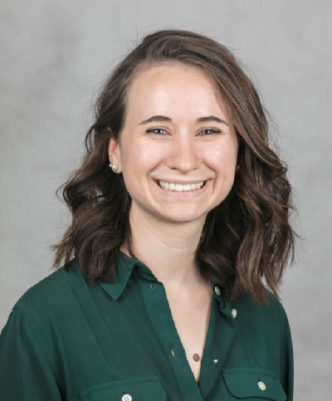Amy Early
The Unique Role of Occupational Therapy in Memory Cafés for People with Dementia: Strategies for Occupational Therapy Practitioners

The number of older adults with Alzheimer’s disease and related dementias (ADRD) is rapidly increasing as the population ages (Alzheimer’s Association, 2018; Prince et al., 2016). Strong evidence indicates services at the community level may be the most effective means of providing services to the greatest scope and diversity of individuals with ADRD (Cooper, Tandy, Balamurali, & Livingston, 2010). One such service – the memory café – provides a safe and stigma-free community place for persons with ADRD and their caregivers to come on a regular basis and engage in various leisure and social activities (Takechi, Sugihara, Matsumoto, & Yamada, 2018). Occupational therapy practitioners are well-suited to contribute to these cafés. However, in a review of over ten established memory cafés worldwide, only one mentioned any involvement of an occupational therapy practitioner (Kiddle, Drew, Crabbe, & Wigmore, 2015). This OTD project addresses the need to educate occupational therapy practitioners on the role they can play in memory cafés to increase their involvement in this community service. The purpose of this project was to develop a manual of strategies and a training workshop grounded in the Model of Human Occupation to define and describe memory cafés and to provide occupational therapy students and practitioners with concrete strategies to enhance the engagement of persons with dementia. The manual contains five chapters and two appendices including chapters on occupational therapy-based strategies to address roles, interests, and the environment. The workshop was implemented with 19 current or future clinicians and findings indicate the materials developed were effective in increasing OT practitioners’ understanding of memory cafés, level of interest, and confidence in their ability to make valuable contributions to this community service. Many attendees expressed interest in becoming involved in a local memory café following the workshop and obtaining a copy of the manual. The manual will be disseminated following approval by the committee.